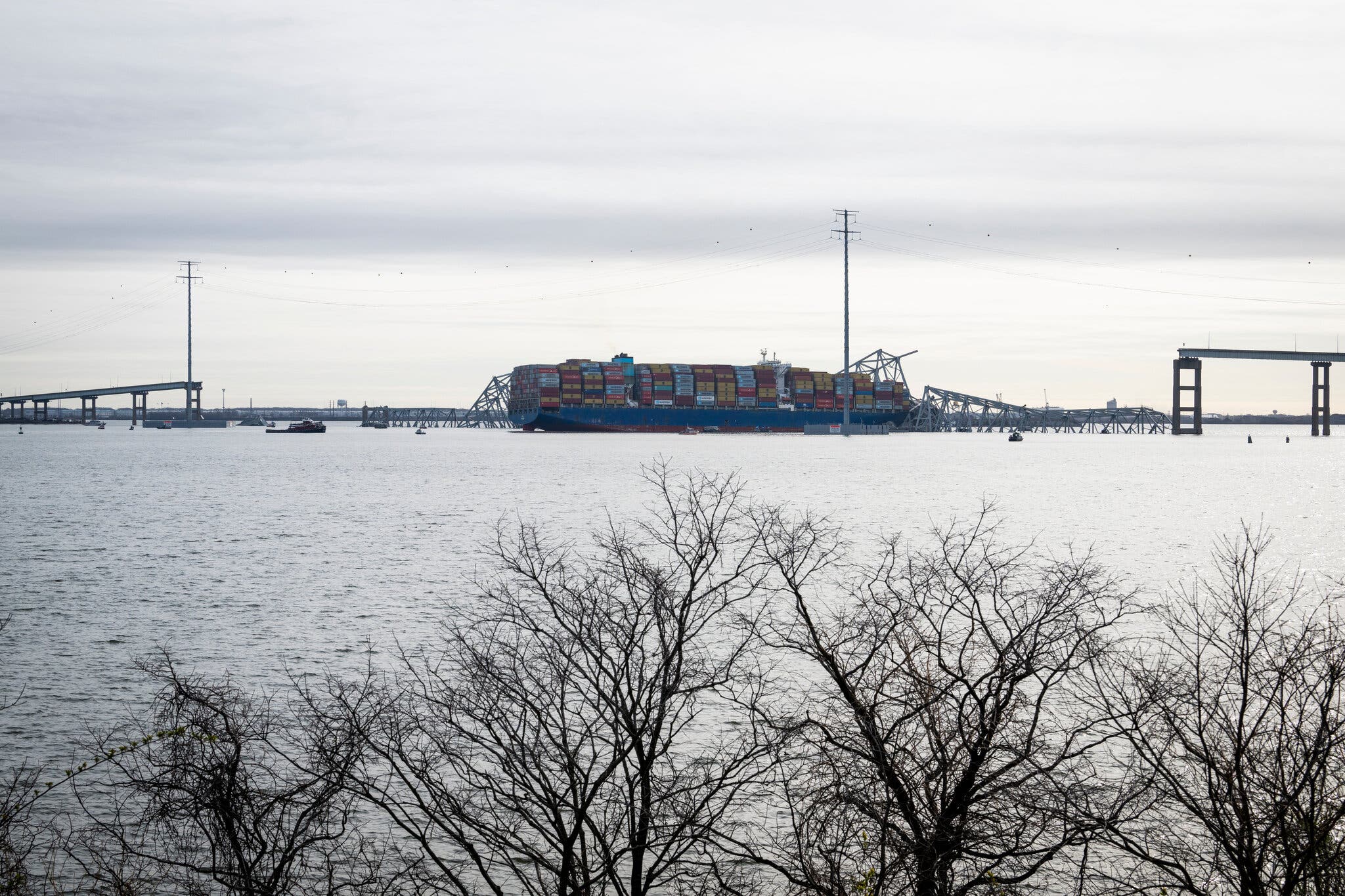India's Economic Isolation Of Pakistan, Turkey, And Azerbaijan

Table of Contents
India-Pakistan Economic Tensions and the Impact of Bilateral Relations
The relationship between India and Pakistan is deeply intertwined with a history of conflict that has profoundly impacted their economic cooperation. Understanding India's economic influence on Pakistan necessitates acknowledging this fraught history.
The History of Conflict and its Economic Ramifications
The long-standing disputes between India and Pakistan, most notably the Kashmir conflict, have fueled a climate of distrust that has severely hindered economic engagement. This ongoing tension diverts significant resources towards military spending, hindering investments in crucial sectors like education, healthcare, and infrastructure development.
- Kashmir dispute: The unresolved territorial dispute continues to be a major obstacle to bilateral trade and investment.
- Cross-border terrorism accusations: Accusations of cross-border terrorism further exacerbate tensions and lead to retaliatory economic measures.
- Military spending diverting resources from development: The substantial military expenditure on both sides diverts resources that could otherwise be channeled into economic growth and development initiatives.
Specific instances of trade restrictions and sanctions imposed by both countries further impede economic progress. These actions disrupt established trade routes and create uncertainty for businesses, hindering foreign investment and economic growth.
The Role of Regional Trade Agreements
Pakistan's exclusion from major regional trade initiatives involving India significantly impacts its economic prospects. India's participation in and leadership within various trade blocs often bypasses Pakistan, reinforcing its economic isolation.
- SAARC's stalled progress: The South Asian Association for Regional Cooperation (SAARC) has been largely ineffective in promoting regional trade due to persistent India-Pakistan tensions.
- India's bilateral agreements bypassing Pakistan: India's focus on bilateral trade agreements with other regional players often excludes Pakistan, limiting its access to lucrative markets.
- Impact on regional economic integration: The lack of meaningful economic cooperation between India and Pakistan hinders broader regional economic integration and growth.
The Potential for Future Cooperation
Despite the significant challenges, the potential for future economic cooperation between India and Pakistan remains. However, substantial progress requires addressing the underlying political issues and fostering an environment of trust and mutual respect. Any significant economic engagement would necessitate de-escalation of tensions and a commitment to peaceful conflict resolution.
India's Influence on Regional Trade and its Impact on Turkey and Azerbaijan
While the relationship with Pakistan is characterized by pronounced economic isolation, India's influence on Turkey and Azerbaijan's economies is more nuanced. Both countries attempt to navigate complex geopolitical landscapes to maintain economic ties with both India and other regional players.
Turkey's Balancing Act
Turkey strives to maintain balanced economic ties with both India and Pakistan, a task made challenging by the tense relationship between the latter two. Turkey engages in significant trade with India, recognizing its growing economic importance, while also maintaining relations with Pakistan due to historical and religious ties.
- Turkey's trade relations with India: Turkey actively engages in trade with India, focusing on various sectors, including textiles, machinery, and pharmaceuticals.
- Potential for increased cooperation: Further cooperation is possible in areas like infrastructure development, tourism, and technology.
- Geopolitical constraints: However, Turkey's pursuit of balanced relationships is hampered by the geopolitical tensions in the region.
Azerbaijan's Strategic Location and Economic Diversification
Azerbaijan, strategically located at the crossroads of Europe and Asia, is actively pursuing economic diversification to reduce its reliance on any single major trading partner, including India. Its focus on energy and transportation makes it a significant player in regional trade.
- Azerbaijan's energy sector: Azerbaijan’s energy resources remain a cornerstone of its economy, fostering international partnerships.
- Transportation corridors: Azerbaijan is actively involved in developing transportation corridors linking Europe and Asia, further solidifying its strategic importance.
- Investment in other regional economies: Azerbaijan strategically diversifies its investments, limiting its vulnerability to changes in relations with any single country.
The Role of Central Asian Connectivity
India's growing engagement in Central Asia, particularly through initiatives like the Chabahar port, impacts the regional economic strategies of Turkey and Azerbaijan. This increased connectivity presents both opportunities and challenges for these nations.
- India's Chabahar port: India's investment in the Chabahar port in Iran provides an alternative route to Central Asia, bypassing Pakistan.
- Transportation infrastructure projects: India's focus on regional transportation infrastructure projects strengthens its connectivity with Central Asia.
- Competition for regional influence: India's increased presence leads to a competitive dynamic among nations vying for regional influence and economic opportunities.
The Broader Geopolitical Context and Implications
The economic isolation of Pakistan, Turkey, and Azerbaijan by India cannot be understood in isolation; it is heavily influenced by broader geopolitical factors and global power dynamics.
The Impact of Global Power Dynamics
The rivalry between the US and China, alongside other global power dynamics, significantly shapes India's economic relations with its neighbors. India's strategic partnerships and its role in various global alliances directly influence its regional economic policies.
- India's strategic partnerships: India's alliances with various global powers impact its engagement with regional players.
- Its role in various global alliances: India's participation in global forums shapes its economic priorities and strategic outlook.
- Influence of major powers on regional trade: Major global powers exert influence on regional trade patterns, impacting India's economic interactions.
Economic Sanctions and their Effectiveness
Economic sanctions imposed on Pakistan, including those indirectly influenced by India, have had varying degrees of success. Understanding their impact requires a nuanced assessment of their implementation and effects.
- Types of sanctions imposed: A range of sanctions, from trade restrictions to financial penalties, have been employed against Pakistan.
- Their intended effect and actual impact: The effectiveness of sanctions varies widely, often leading to unintended consequences.
- Alternative channels for trade and finance: Sanctions frequently lead to the development of alternative trade routes and financial mechanisms.
Humanitarian Concerns
The economic isolation of these nations has significant humanitarian implications, impacting vulnerable populations who rely on trade and economic interactions for their livelihoods. Addressing these humanitarian concerns is crucial for a comprehensive understanding of the broader impacts of these economic policies.
Conclusion
India's economic engagement with its neighbors is a complex tapestry woven from historical tensions, geopolitical maneuvering, and evolving global dynamics. While India's impressive economic growth has significantly impacted the region, its relations with Pakistan, Turkey, and Azerbaijan are marked by varying degrees of economic cooperation and, in some cases, isolation. Understanding these intricate relationships is vital for navigating the future of regional economic integration. For a deeper dive into the intricacies of India's economic isolation of these nations and the broader implications for regional stability and economic development, further research into specific trade agreements, sanctions, and geopolitical influences is essential. To gain a comprehensive understanding of India's economic relations and their impact on its neighbors, continued exploration of these multifaceted dynamics is strongly encouraged.

Featured Posts
-
 Gilbert Burns Ko D By Michael Morales At Ufc Vegas 106 Full Fight Breakdown
May 18, 2025
Gilbert Burns Ko D By Michael Morales At Ufc Vegas 106 Full Fight Breakdown
May 18, 2025 -
 Rome Trip Controversy Examining Corporate Influence On State Officials
May 18, 2025
Rome Trip Controversy Examining Corporate Influence On State Officials
May 18, 2025 -
 The Cardinals Opener Analyzing The Jansen Pitching Matchup
May 18, 2025
The Cardinals Opener Analyzing The Jansen Pitching Matchup
May 18, 2025 -
 9 Nyc Bridges Face Urgent Inspection Following Baltimore Bridge Collapse
May 18, 2025
9 Nyc Bridges Face Urgent Inspection Following Baltimore Bridge Collapse
May 18, 2025 -
 Moodys Us Downgrade White House Condemnation And Economic Fallout
May 18, 2025
Moodys Us Downgrade White House Condemnation And Economic Fallout
May 18, 2025
Latest Posts
-
 Tragedy At Fsu Exploring The Life Of A Victim And His Cia Operative Father
May 18, 2025
Tragedy At Fsu Exploring The Life Of A Victim And His Cia Operative Father
May 18, 2025 -
 Florida State University Shooting Family Background Of A Deceased Employee
May 18, 2025
Florida State University Shooting Family Background Of A Deceased Employee
May 18, 2025 -
 Finding The Best Bitcoin Casino For You In 2025
May 18, 2025
Finding The Best Bitcoin Casino For You In 2025
May 18, 2025 -
 The Ultimate Guide To The Best Bitcoin Casinos In 2025
May 18, 2025
The Ultimate Guide To The Best Bitcoin Casinos In 2025
May 18, 2025 -
 Review Of The Best Bitcoin Casinos Launching In 2025
May 18, 2025
Review Of The Best Bitcoin Casinos Launching In 2025
May 18, 2025
